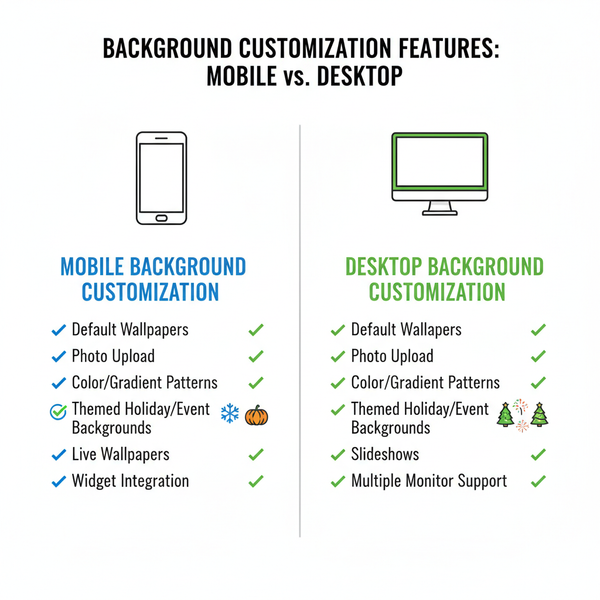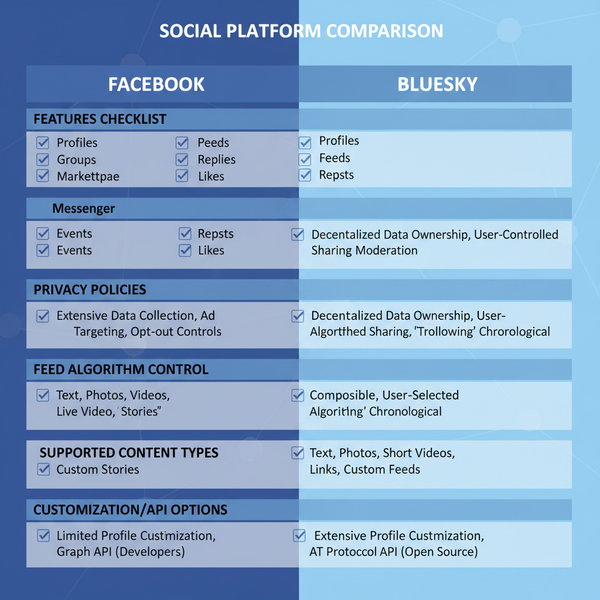Become an Expert in Social Media Marketing
Learn to master social media marketing with strategies for branding, content creation, analytics, and adapting to evolving platform algorithms.
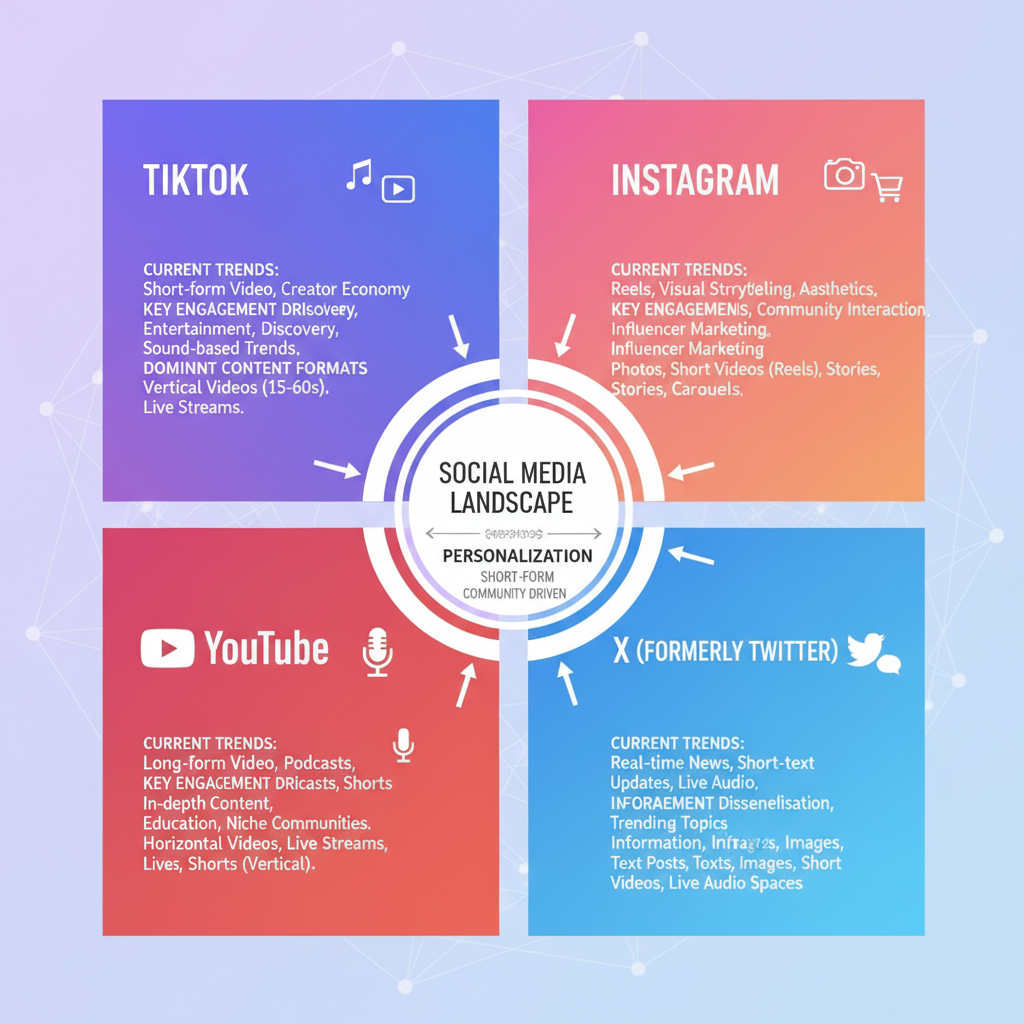
Become an Expert in Social Media Marketing
In today's competitive digital landscape, becoming an expert in social media marketing means far more than sharing aesthetically pleasing images or hopping on viral trends. It requires a strategic combination of audience analysis, content mastery, algorithm awareness, data analytics, and consistent relationship-building. If you want to stand out as a trusted authority, you must understand how to leverage platform-specific tools and adapt to ever-changing trends.

This guide provides a step-by-step blueprint to help you develop the skills, strategies, and mindset necessary to master social media marketing and build long-term influence.
---
What "Expert Social Media" Means in Modern Digital Marketing
An expert social media marketer is more than an active content creator—they are a skilled strategist who:
- Analyzes user behavior and cultural nuances on each platform.
- Uses data and performance metrics to inform decision-making.
- Navigates and adapts to evolving algorithms quickly.
- Consistently delivers measurable ROI for brands or clients.
Expertise in this field is about fostering authentic engagement, staying ahead of industry transformations, and generating repeatable results.
---
Current Trends and Dominating Platforms
Social media evolves rapidly, with some platforms surging and others fading. As of 2024, leaders in the space include Instagram, TikTok, Facebook, LinkedIn, and X (formerly Twitter). Dominant trends include short-form video storytelling, interactive carousel content, and AI-driven content recommendations.
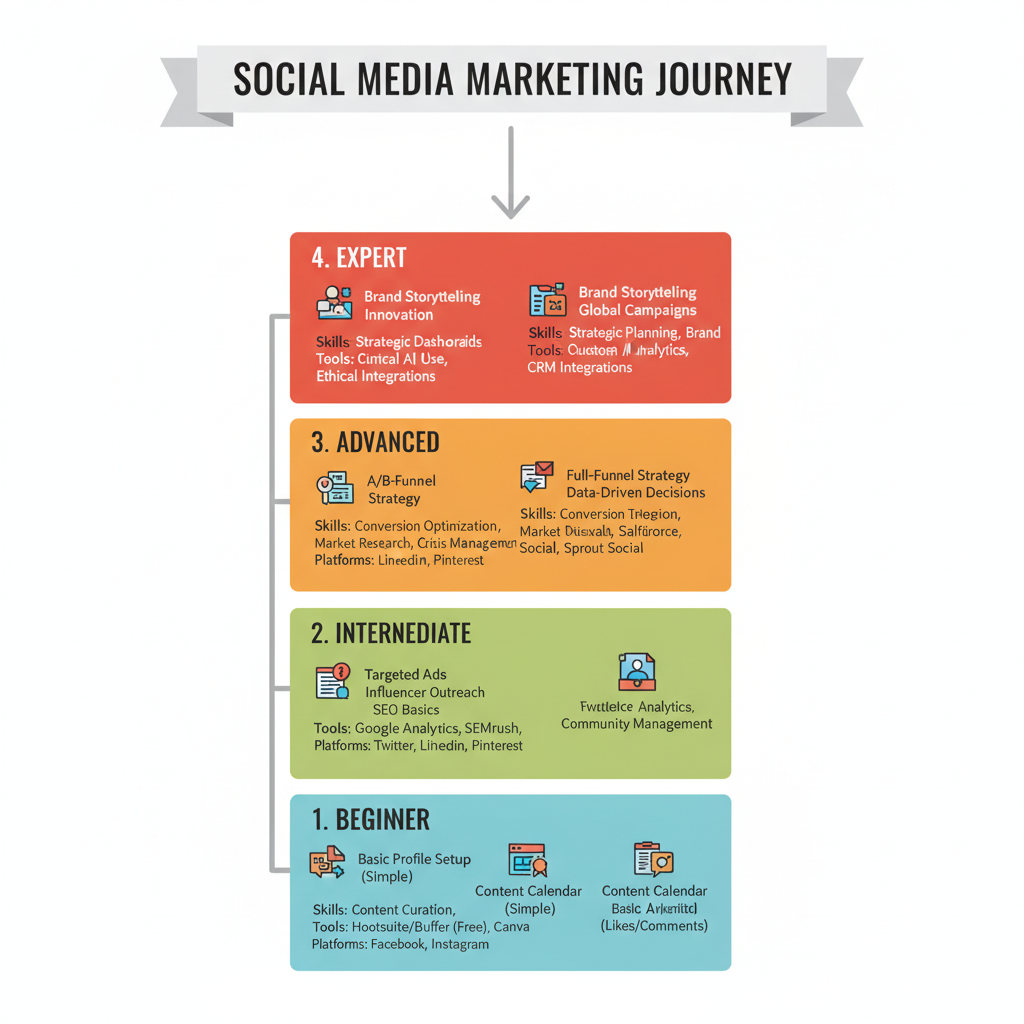
Key Engagement Drivers
- Short-form video: Captures attention within seconds.
- Live streaming: Creates real-time authenticity.
- Carousel posts: Encourages deeper content interactions.
- User-generated content: Builds credibility and trust.
---
Building a Strong Personal Brand
Your personal brand represents your professional identity online. It conveys your expertise, personality, and values—crucial for recognition in competitive markets.
Steps to build your brand:
- Identify your unique selling proposition (USP).
- Stick to consistent brand colors, style, and imagery.
- Use a clear and relatable tone of voice.
- Publish thought leadership regularly.
Stay original—authenticity attracts loyalty.
---
Mastering Content Creation Formats
An expert knows how to create compelling content in multiple formats to suit different platforms:
- Images: High-quality, context-driven visuals.
- Short-form video: TikTok and Reels for quick engagement.
- Long-form video: YouTube for in-depth narratives.
- Live streaming: Direct audience interaction.
Tip: Transform long-form videos into short highlights to expand reach across multiple platforms.---
Staying Updated on Algorithms and Best Practices
Algorithms influence what content gets seen. To maintain competitive performance:
Best Practices:
- Follow each platform’s official blog.
- Join communities and forums dedicated to creators.
- Test different posting times and content types.
- Track analytics closely to catch performance shifts quickly.
---
Developing Analytics Skills to Measure KPIs and ROI
Understanding metrics separates hobbyists from experts. Focus on core KPIs and the right tools:
| Platform | Key KPI | Measurement Tool |
|---|---|---|
| Engagement rate | Instagram Insights | |
| Click-through rate (CTR) | Meta Business Suite | |
| TikTok | Average watch time | TikTok Analytics |
| Post reach | LinkedIn Analytics | |
| X (Twitter) | Retweet ratio | Twitter Analytics |
Connect these results directly to campaign goals to demonstrate value.
---
Learning Paid Advertising Strategies
Proficiency in social media ads is essential for scaling results. Different networks require tailored approaches:
- Facebook/Instagram: Utilize lookalike audiences for precise targeting.
- TikTok: Adopt trend-based creatives in in-feed ads.
- LinkedIn: Narrow targeting by job title, seniority, and industry.
- X: Use promoted posts with specific hashtag targeting.
Track, test, and refine based on hard conversion data.
---
Networking and Community Building
Strong networks help amplify your influence and open doors.
Action points:
- Participate in industry events—both virtual and in-person.
- Contribute meaningfully to online professional groups.
- Partner with peers for collaborative campaigns.
Building genuine connections boosts both authority and reach.
---
Creating a Consistent Posting Schedule
Consistency is key to audience retention. Use automation tools to post during engagement peaks.
Example schedule:
| Day | Platform | Content Type |
|---|---|---|
| Monday | Industry insights article | |
| Wednesday | Reel + carousel | |
| Friday | TikTok | Short tutorial video |
---
Using Social Listening Tools
Social listening provides insights into brand perception and emerging trends.
Popular tools:
- Brandwatch
- Sprout Social
- Mention
- Hootsuite Insights
By monitoring conversations, you can engage timely and make data-backed adjustments.
---
Investing in Continuing Education
Social media is a constantly shifting space. Continuous learning keeps you competitive:
- Meta Certified Digital Marketing Associate
- Google Analytics Certification
- HubSpot Social Media Strategy Course
Upskilling ensures your knowledge keeps pace with evolving tools and user behavior.
---
Replicating Successful Case Studies
Break down winning campaigns piece by piece:
- Message clarity.
- Exact audience targeting.
- Choice of format.
- Timing and posting frequency.
Apply those tested elements within your own strategy.
---
Avoiding Repetitive, Overly Promotional Content
Overpromotion drives audiences away. Balance sales content with educational and entertaining posts.
Value-driven content ideas:
- Step-by-step guides and tutorials.
- Behind-the-scenes content.
- Industry updates and opinions.
- Highlighting community stories.
The result: deeper trust and sustainable engagement.
---
Documenting Progress and Refining Strategy
Conduct regular audits to track both creative and performance metrics. Document KPIs clearly and compare them against objectives. This ongoing refinement strengthens your positioning as a social media marketing expert.
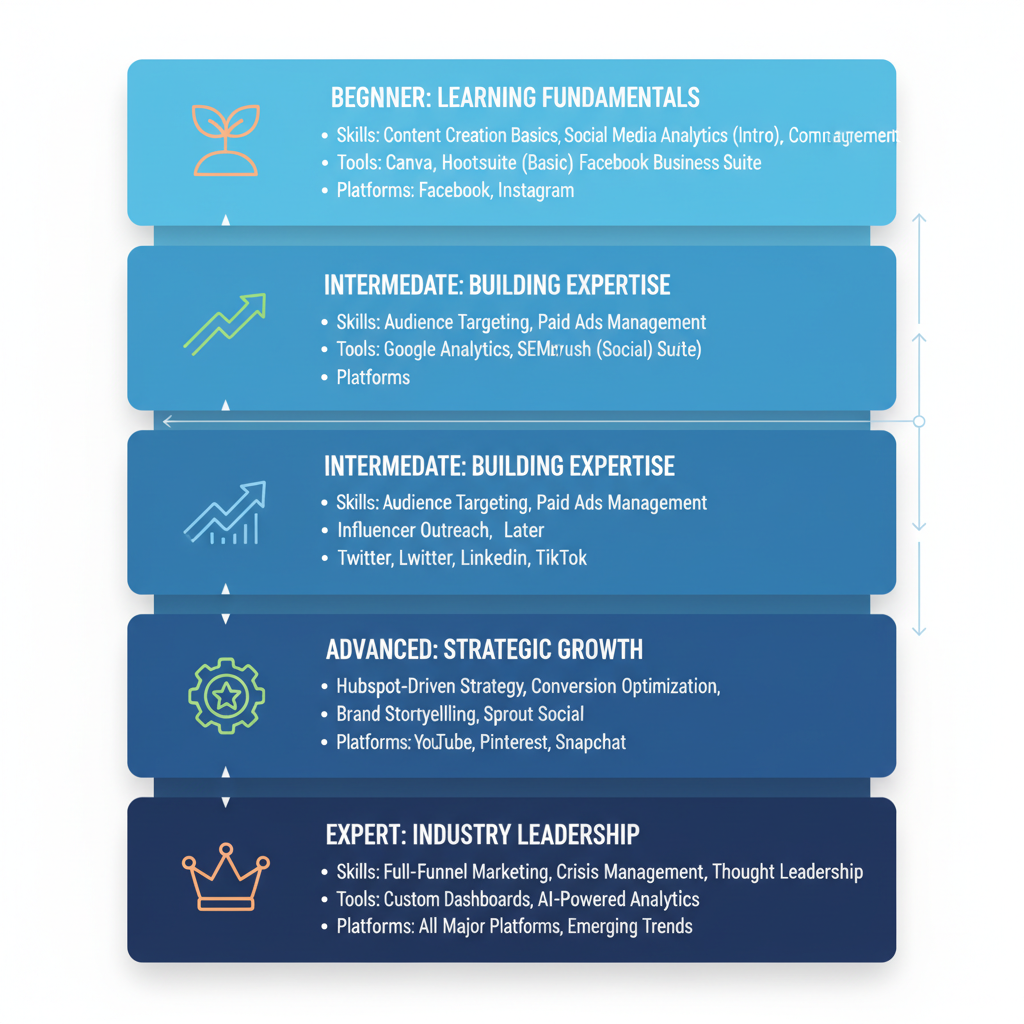
---
Summary and Next Steps
Becoming an expert in social media marketing involves blending creativity, analytics, technical advertising skill, and community engagement. By building your personal brand, mastering various content formats, staying algorithm-aware, and continuously learning, you’ll establish authority in your niche.
If you’re ready to elevate your online presence, start applying these strategies today—your next breakthrough campaign is just one well-crafted post away.



